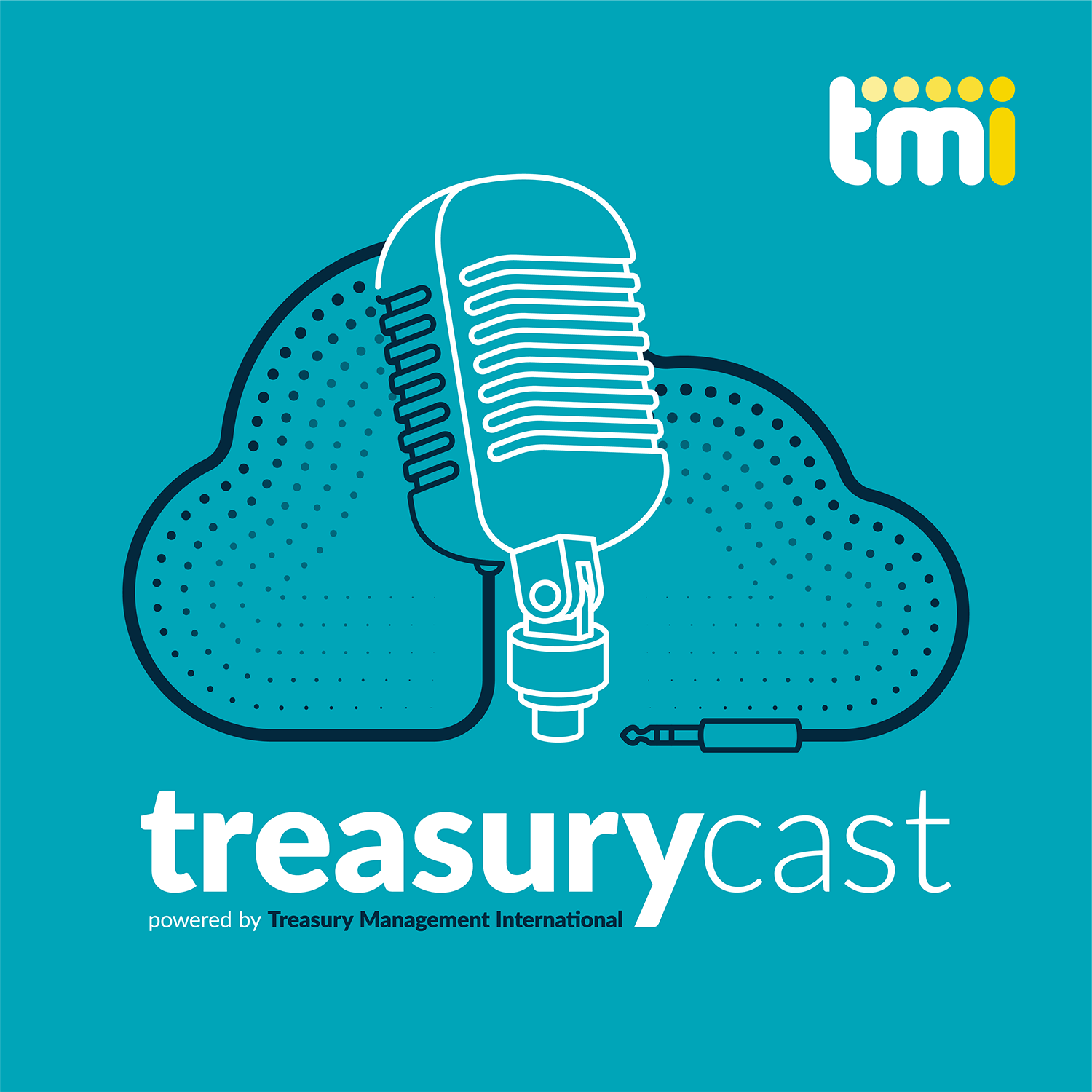New York – IFC, a member of the World Bank Group, and Standard Chartered Bank have signed a landmark risk sharing facility, which will increase the amount of Renminbi (RMB) denominated trade finance available to Chinese banks, as well as corporates and businesses in China and across Asia and other emerging markets involved in imports and exports to China. This marks IFC’s first venture into RMB denominated cross-border trade finance, building on the success of IFC’s award winning global trade programs.
The facility of up to RMB 3 billion (USD 500 million equivalent) brings together leading market players and is anchored with an investment of up to USD 250 million from Standard Chartered and USD100 million from IFC in a 50:50 risk participation agreement. An additional USD100 million has been mobilized from regional leader, the Korea Development Bank (KDB), as well as USD 50 million from Swiss Re Corporate Solutions through its subsidiary Swiss Re International SE. During the three-year life of the program, it is expected to finance trade flows of over USD 6 billion (RMB 36 billion).
Peter Sands, Group CEO, Standard Chartered said, “We are proud to partner with the IFC in this landmark RMB agreement that will offer access to affordable credit in developing countries across Asia, Africa and the Middle East. With 28% of China’s international trade expected to be denominated in the RMB by 2020, we are confident that this program will play a key role in enabling trade in a currency that is heralding major changes in the financial system.”
Jin-Yong Cai, IFC Executive Vice President and CEO said, “By reducing trading costs and increasing the participation of smaller, under-represented banks in the RMB trade finance market, this investment will allow suppliers of agricultural products, equipment, and other essential goods to reach new markets, helping support economic growth and boosting shared prosperity.”
Over the past three years, RMB trade finance has accelerated significantly with an increasing proportion of China’s trade now settled in RMB. Funding transactions in RMB provides the benefit of reducing currency risks and transaction costs that have increased due to the volatility of the USD and RMB exchange rate. The programme is expected to create an additional capacity to spur the growth of RMB trade finance, particularly via smaller under-represented banks.





